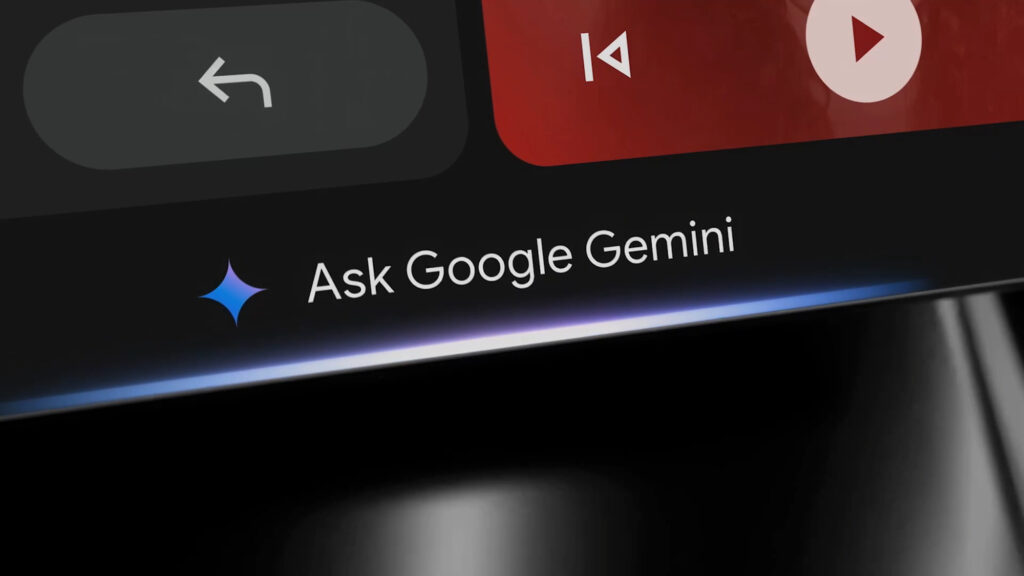
Google’s Gemini AI assistant has introduced a highly anticipated feature that allows users to upload audio files for transcription, summarization, and extraction of key information. This capability transforms up to ten minutes of recordings—such as voice memos, meetings, lectures, and interviews—into searchable documents, making it a significant enhancement for users who often rely on audio notes.
With this new functionality, users can upload audio files directly on the web or through mobile apps. The feature addresses a common challenge: the difficulty of managing and retrieving information from voice memos. As users have expressed a desire for this capability, it has emerged as the most requested feature, according to Josh Woodward, Vice President of Gemini at Google.
Streamlining Audio Management
The addition of audio file uploads represents a marked evolution in how AI tools handle data. Previously, users often had to rely on third-party transcription software to convert audio into text. Now, this process is condensed into a single step, aligning with how many people store information in audio formats. With the ability to transcribe and summarize, Gemini acts almost like a personal note-taker, helping users manage their audio content more efficiently.
During testing, users found Gemini’s transcription capabilities impressive, successfully converting spoken words into text with only minor errors. The AI can also highlight crucial elements and create to-do lists from the content, enhancing its utility for both personal and professional settings. However, the ten-minute limit per audio file restricts the feature’s application for longer meetings or discussions.
Enhancements and Competitive Edge
This audio upload feature is part of a broader set of improvements to Gemini. Google has already integrated the AI into various applications and is testing a new card-based visual interface. The recent expansion of personalization options further enhances user experience, demonstrating Google’s commitment to refining its AI capabilities.
While Gemini’s audio processing is not unique in the landscape of AI assistants, it offers functionalities that can compete with similar tools, such as the Whisper transcription model used by ChatGPT. In practical tests, many users reported a preference for Gemini’s execution, noting its focus on everyday use cases. Other AI tools, like Anthropic’s Claude and Perplexity, also handle audio but with varying degrees of complexity and user-friendliness.
Importantly, the AI does more than merely transcribe audio. Users can request simplifications of the language, extract comments by specific speakers, generate questions based on the content, or assemble study guides from discussions. This versatility positions Gemini as a valuable resource for students, professionals, and anyone needing to manage audio content effectively.
Google has not yet detailed pricing structures for high-volume audio processing or any limits on daily usage for free-tier users. Nevertheless, the audio upload feature is integrated into Gemini’s existing quota, encouraging users to carefully manage their audio submissions, particularly for extensive projects.
The introduction of audio upload capabilities signifies a pivotal step in the evolution of AI assistants, aligning their functions with the ways people naturally store and retrieve information. As Google continues to innovate, it remains to be seen how these advancements will shape the future of digital communication and information management.







